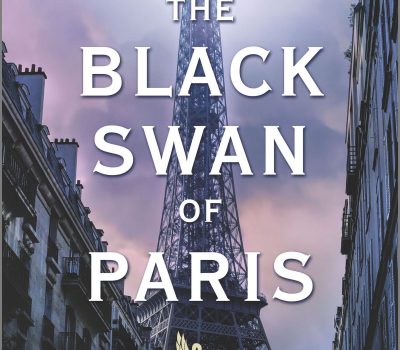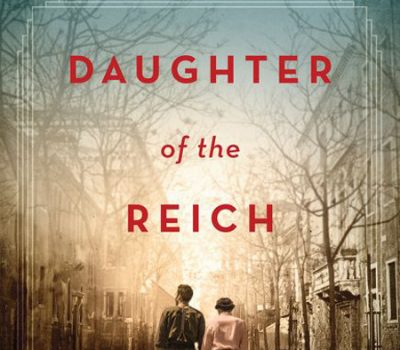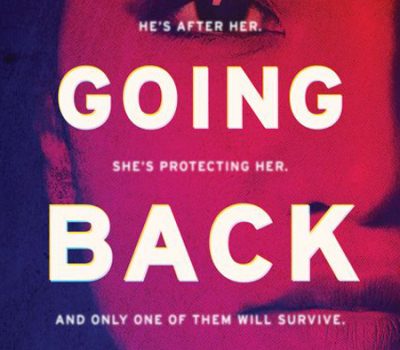Emma Healey’s Novel Whistle In The Dark Isn’t For Everyone

Every parent’s worst nightmare is for their child to go missing, and when it does happen their greatest hope is for their child to return to them unharmed. Emma Healey’s latest novel explores the story of one family whose fifteen year old daughter is found after having gone missing for four days, and the madness that ensues as they try to piece together what happened.
Whistle In The Dark follows the lives of Jen and Hugh Maddox, who have just had their missing daughter returned to them. Unfortunately however when Lana is able to talk to them from her hospital bed, she claims she can’t remember what happened. She seems to be physically alright, save for a few scratches and bruises, but to her mother Jen she seems to be more than a little off mentally when she comes home to them. Jen finds herself flooded with questions such as where was her daughter, what happened to her, and why can’t she remember anything about those missing days. As the days since her return move forward Jen starts to believe her daughter is lying to her, and keeping secrets from her. She believes her daughter does know what happened. What started as curiousity becomes an obsession, and before she knows it Jen has started to alienate her family as she does everything she has to do in order to discover the truth.
From a purely story-telling perspective, Whistle In The Dark is compelling, and you find yourself wanting to know what happened. The problem is the main character, Jen, is so obsessive and controlling and demanding, that by the end you lose interest in where the story is going. You almost hope that she doesn’t get to find out the truth because you don’t want her to win. It’s a sad way of looking at something, especially since in the real world the parents would want to know too, but Jen takes every wrong turn she can possibly take and you really have no sympathy for her at all. The other problem with the story is the way it suddenly draws to an end. The entire novel is spent building up to something, and when you get there it happens so fast that you feel letdown by the answers that come at you from a few short pages. That’s not saying the answers aren’t good, or the right ones, but you invested so much time getting to them that it feels like you should have just skipped to the end to discover them shortly after starting to read the book. And if you did, you really would have gotten just as much from the novel as you would by reading the entire thing.
Whistle In The Dark isn’t a bad novel, but it’s not for everyone. The dynamic between mother and daughter seems accurate, as does the way they are dealing with the pain of mental illness, but in the end the main character is too over-the-top to care about. What should have been more of an exploration of the bonds of family and how such a traumatic event can strain relationships, turned into a novel about one women’s obsession.



